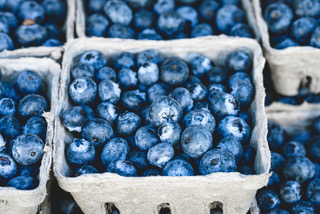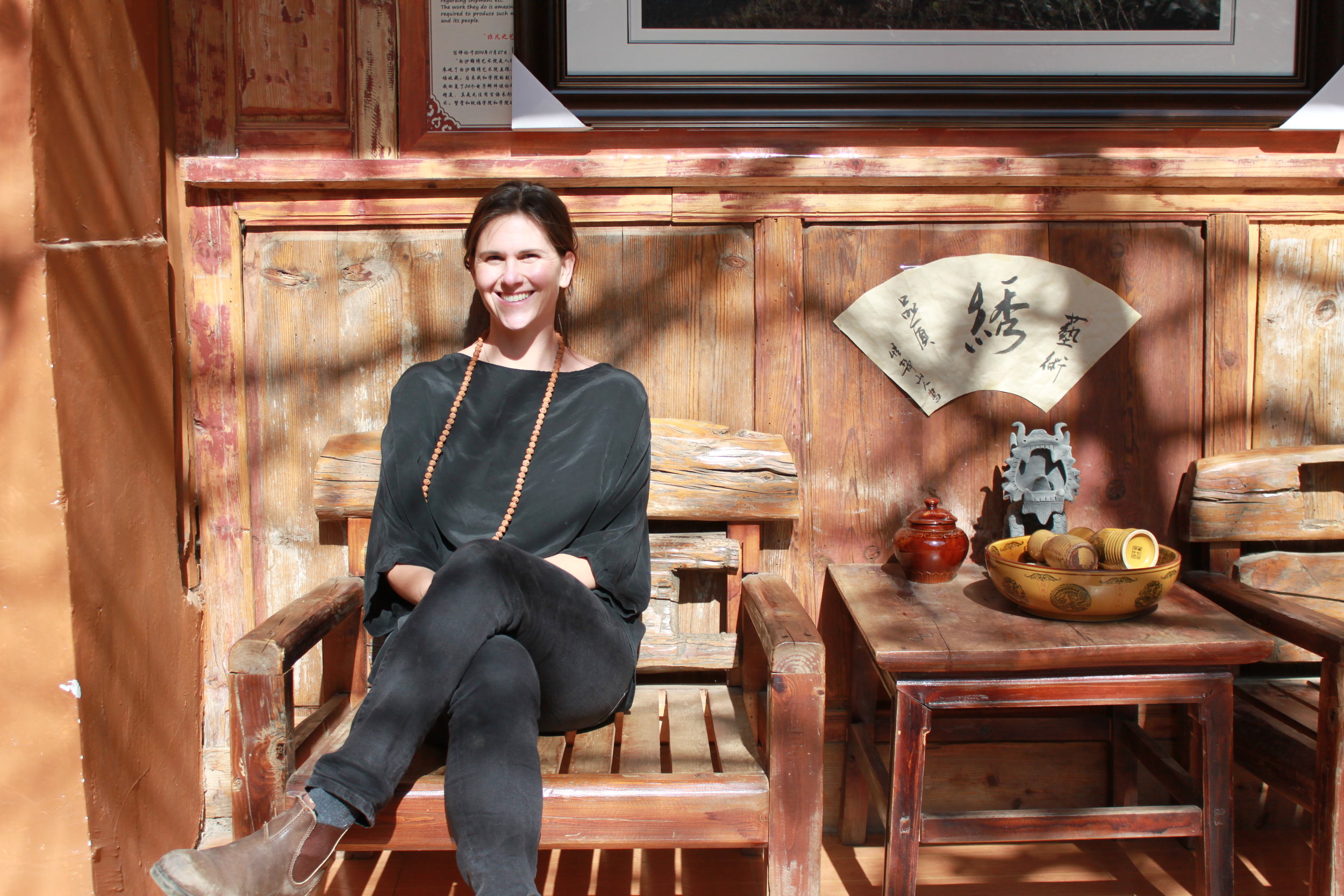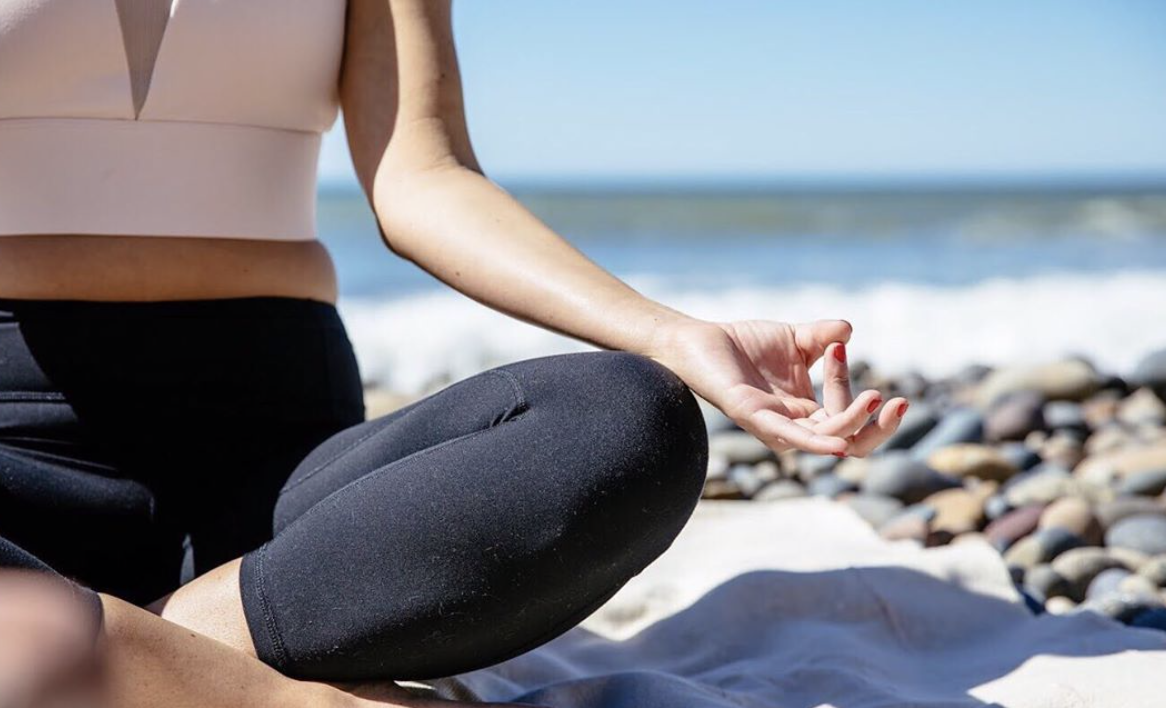Susan Blum, MD, MPH is an Assistant Clinical Professor in the Department of Preventive Medicine at the Icahn School of Medicine at Mount Sinai and Founder and Director of Blum Center for Health in Rye Brook, New York, where she leads a team of physicians, nurse practitioners, nutritionists and health coaches to provide cutting edge Functional and Integrative Medicine services. She’s also the author of two books, The Immune System Recovery Plan (Scribner; 2013), and Healing Arthritis (Scribner; 2017).
Susan Takes The Questions:
Q) You’re a board certified medical physician, but you take a functional approach to medicine. Can you briefly explain the difference between the two approaches?
There is a big difference in both perspective and the clinical approach to treating patients. The viewpoint of conventional medicine sees the definition of Optimal Health as the absence of disease. In functional medicine, our view of Optimal Health is to function at the highest level possible, all the way to the end, and hopefully that’s into your 90’s!
This same viewpoint is seen in the clinical approach. As a doctor practicing conventional medicine, most of my time is spent giving medication to treat the symptoms of a disease that I just found. We call that downstream medicine.
Instead, as a functional medicine specialist, I spend my time as a medical detective, going upstream to where the symptoms originate. We focus on finding the cause of the problem, and treat the cause. Often times I am working with lifestyle (nutrition and stress), but also focusing on healing the gut microbiome, and environmental medicine, identifying and removing toxins from the body.
Q) What made you decide to pivot from your classical training and take an integrated, 360 degree approach to health?
I was always interested in Preventive Medicine, and went to Columbia for a Masters in Public health, in addition to my medical training, to pursue this interest. However, it was disappointing and I didn’t find what I was looking for, namely a way to address the role of nutrition and stress in causing chronic illness. I needed to look “outside the box” to get this training. This led me to The Center for Mind Body Medicine to learn more about stress and strategies to use with my patients, and The Institute for Functional Medicine to learn another operating system for my clinical practice.
And then, in 2000, I was diagnosed with Hashimoto’s thyroiditis and I was determined to figure out why I had it. I used my new functional medicine skills and training on myself and cured myself of this autoimmune issue, and the rest is history :)
Q) These days we constantly hear the term “inflammation” in relationship to disease, especially autoimmunity. What is inflammation, and what role does it play in autoimmunity.
Inflammation, by definition, is when there is redness, swelling, pain and heat in an organ or tissue. This is easy to see when you have arthritis and have it in your joints. But when you have inflammation on the inside, you can’t see it but it is causing silent damage that you might or might not feel. Inflammation itself is caused by irritating chemicals released from your immune cells that zip around your body and cause irritation on the inside. Eventually, this can damage your tissues and organs and hurt their ability to function.
Q) 24 million Americans have at least one autoimmune disease, and the numbers are steadily on the rise. What is going on?
There are several theories about why autoimmune disease is on the rise. Autoimmunity happens when the immune system makes a mistake and attacks your own body. This can happen when the immune system is damaged, or when your cells are damaged making them look abnormal and triggering an appropriate immune reaction.
In the first case, the immune system can be damaged directly from environmental toxins and from a damaged gut microbiome. 70% of the immune system develops inside the intestinal lining, and the gut microbiome is critical to help it develop properly. Over the past decade, both of these things have worsened: the environment has become more toxic and our collective gut health has worsened too, mostly because of poor diet, lots of stress, and too many antibiotics. The immune system loses “tolerance”, which means it loses its ability to know the difference between self and not self.
In the second scenario, infections and toxins can directly damage tissues and cause an autoimmune reaction. Infectious diseases like lyme and other mosquito and tick borne illnesses, and viruses like Epstein Barr, have become more common and persistent, and can be triggers for autoimmunity. When they persist in the body, they live inside cells and your immune system attacks your own tissues trying to get at these microbes. Toxins also can damage tissues in your body directly and cause an autoimmune reaction.
Q) What are two to three simple things readers can do today to improve inflammation, and their immune system?
Make sure your gut is healthy: Eat lots of fiber, and probiotic and fermented foods. Eat more plants. If you have persistent gut symptoms, seek help from an integrative medicine practitioner.
Protect yourself from environmental toxins: go to www.ewg.org to understand how to choose foods lower in pesticides, how to choose cleaning products for your home, the lowest mercury fish, the best cosmetics.
Find time every day for relaxation and introspection. Stress can damage the gut and the immune system.
Q) Hippocrates said “Let food be thy medicine and medicine be thy food.” What is the number one thing we should do when it comes to diet? Should we all avoid gluten? Are all carbs bad? Is Keto safe?
If you have an autoimmune disease you should avoid gluten. Even if you don’t have an autoimmune disease, you should test yourself by removing it for 3 weeks and then eating it again to see if you notice symptoms.
Some people with autoimmunity, especially those with lots of gut symptoms, might feel better temporarily removing grains and legumes because they are high in lectins which are hard to digest. So after, they will say that all carbs are bad. However, eventually the goal is to include the good carbs, which are whole grains in small amounts and also legumes because they are high in fiber and very good to support good gut health, in order to bind and remove toxins from the gut.
Ketogenic is well studied for cancer, and epilepsy. Some research on diabetes. I don’t like Ketogenic for a long term food plan because it encourages saturated fat which can raise cholesterol, and it doesn’t encourage enough plants to support the microbiome and liver detox system.
The long term best food plan to support the microbiome and the liver detox system is a plant forward diet, which is basically the Mediterranean Diet.
Q) What are you interested in now? Is there any new research coming out that has you really excited?
There has always been good research on calorie restriction and the positive impact on cellular aging, and on reducing chronic illness and inflammation. I am very excited about the current research that shows that you can mimic calorie restriction and gain all the benefits by practicing different fasting strategies that are much easier to live with than eating 800 calories daily for the rest of your life!
The two that we use at Blum Center are the fasting mimicking diet, which we call the 5 Day Fasting Cycle, and which we are now using for our weight loss programs. We have also worked with Organic Pharmer to create a 5-Day program that can be used during the Fasting Cycle and that exactly follows the nutritional guidelines of the Fasting Mimicking Diet.
The other thing that I am recommending to all my patients to practice in between their 5-Day Fasting Cycles, is Time Restricted Eating (sometimes called Intermittent Fasting), which is when you eat for 8 hours and fast for 16. For example you would eat from 11-7 daily. You are allowed coffee, tea in the mornings, as long as no calories. This is easy to follow and a big relief for those who have struggled for so long.
These new strategies for supporting a healthy metabolism, reducing cellular aging, and prevention and reversing chronic disease are very exciting!
You can sign up for Dr. Blum’s newsletter and learn about online programs and resources at www.blumhealthmd.com. You can also sign up for Organic Pharmer’s newsletter and stay up to date on promotions and plant-based food and weigh-loss programs, like their 5-Day Jump Start Meal Program and Fasting Cycle Meal Program for weight loss.
Thank you Susan for taking the time to talk with us about health, autoimmunity and the benefits of a holistic approach to wellness!
When Did Fruit Get So Controversial?
Check out our latest blog post







